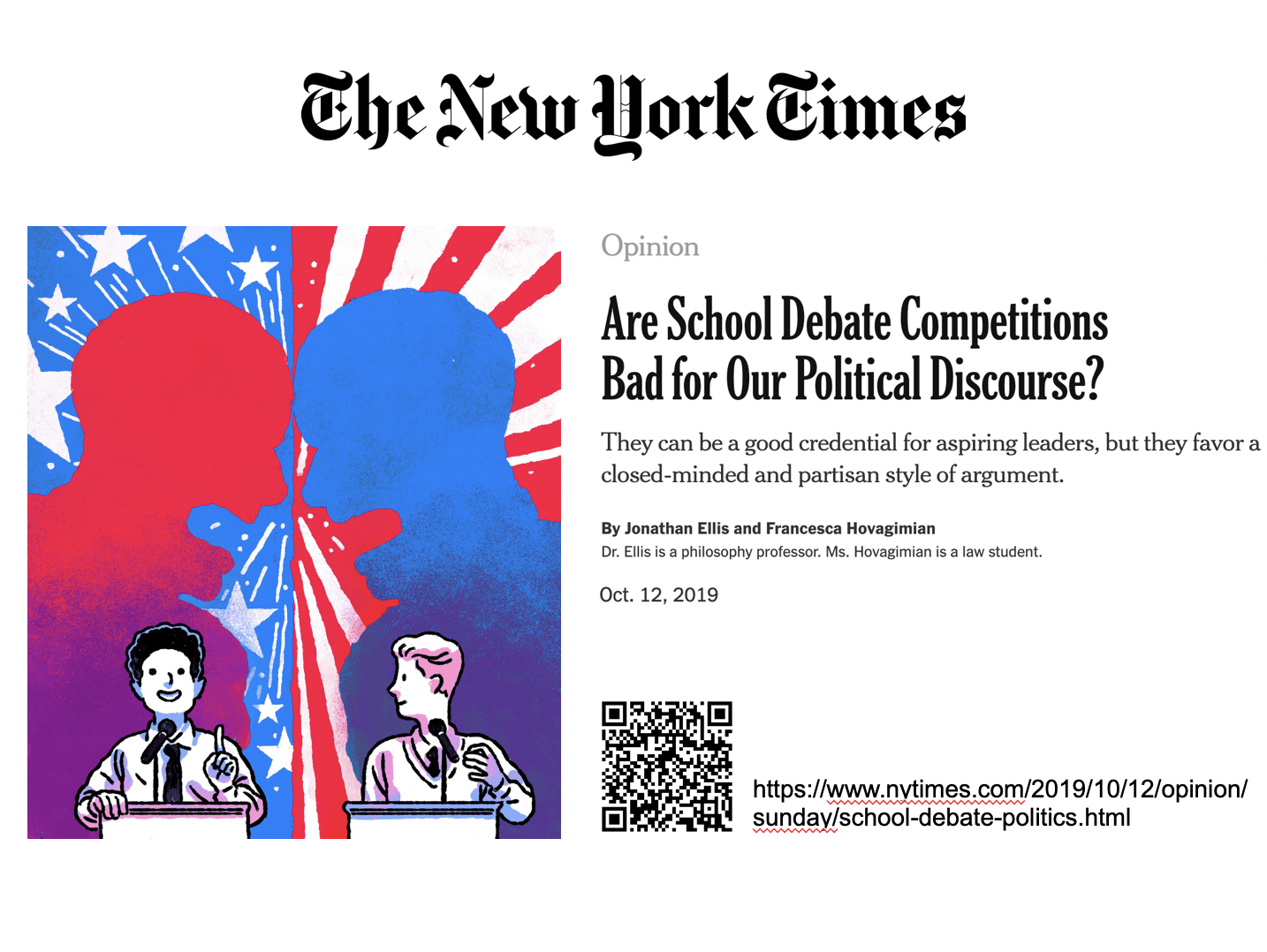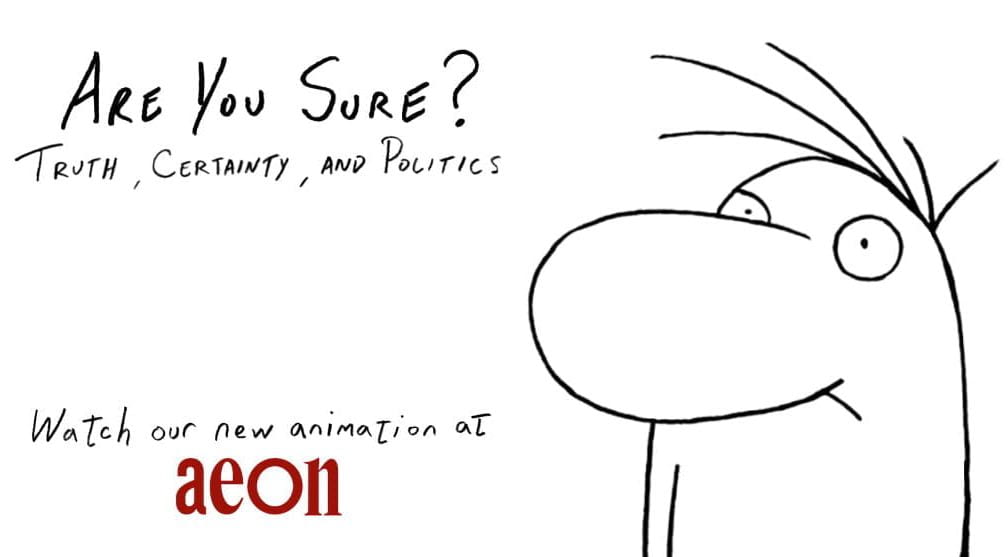About
I am a Professor of Philosophy at the University of California, Santa Cruz. I came to UC Santa Cruz in 2002 after receiving my Ph.D. at UC Berkeley. My research focuses on topics in social philosophy, epistemology, philosophy of psychology, and public philosophy.
In 2015, I founded UCSC’s Center for Public Philosophy, which I continue to direct. Information about the Center’s programs, my teaching, and other research projects can be found on the pages of this site.
The following items give a sense of the focus of my work:

Motivated reasoning and the ethics of belief
In recent years, research on motivated reasoning (rationalization, denial, self-deception, etc.) has exploded across political science, psychology, and philosophy, especially since the U.S. election in 2016. In this article in Philosophy Compass (April 2022), I discuss the normative status of motivated reasoning. Along the way, I briefly introduce two of the central themes in my current book project: (1) what I call motivated micro-processes, whereby a goal to draw a predetermined conclusions impacts one’s reasoning but only slightly (via attributions of gradable properties, for instance); and (2) the grounds of attributions of motivated reasoning to other people, and the subsequent epistemic and moral judgments made on their basis.
School debate and agenda-driven thinking
In this OpEd, Francesca Hovagimian and I call for alternative forms of school debate, ones that unlike traditional formats do not reward tendencies of one-sided reasoning (New York Times, Oct. 12 2018). The oped was chosen as a winner of the American Philosophical Association’s Public Philosophy Op-Ed Contest.

Rationalization in ethics and philosophy
This is a two-part post at Imperfect Cognitions, in which Eric Schwitzgebel and I summarize the themes of our paper on rationalization, in Moral Inferences (eds. J.F. Bonnefon & B. Trémoliére, Psychology Press, 2018).
Part 1: Rationalization: Why your intelligence, vigilance and expertise probably don’t protect you
Part 2: Why moral and philosophical disagreements are especially fertile grounds for rationalization.
Are you sure? Truth, certainty, and politics
This animation at Aeon uses a hypothetical scenario made famous by Ludwig Wittgenstein, about a rope tied around the Earth’s equator, to raise critical questions about our political thinking, our philosophical reasoning, and our interpretations of other people.

Casting Stones: The Ethics and Epistemology of Motivated Reasoning
For a long time, I’ve been working on a book on motivated reasoning. Its central focus are the social practices whereby we interpret other people to be enacting motivated reasoning and, in turn, form moral and epistemic judgments about them. Social practices around motivated reasoning play an impactful role in many areas of our lives. The book consists in a sustained investigation into them. Drawing from recent work in both the social sciences and recent philosophy (especially epistemology), I argue that they are on shaky ground. The book lays the groundwork for a deeper understanding of our epistemic, social, and moral responsibilities.